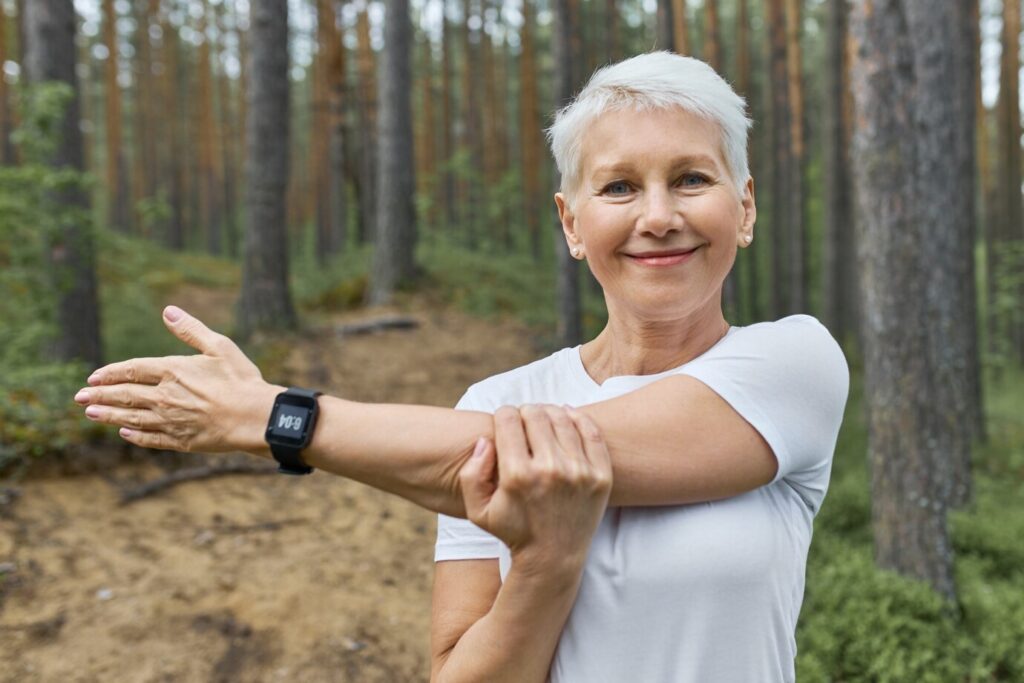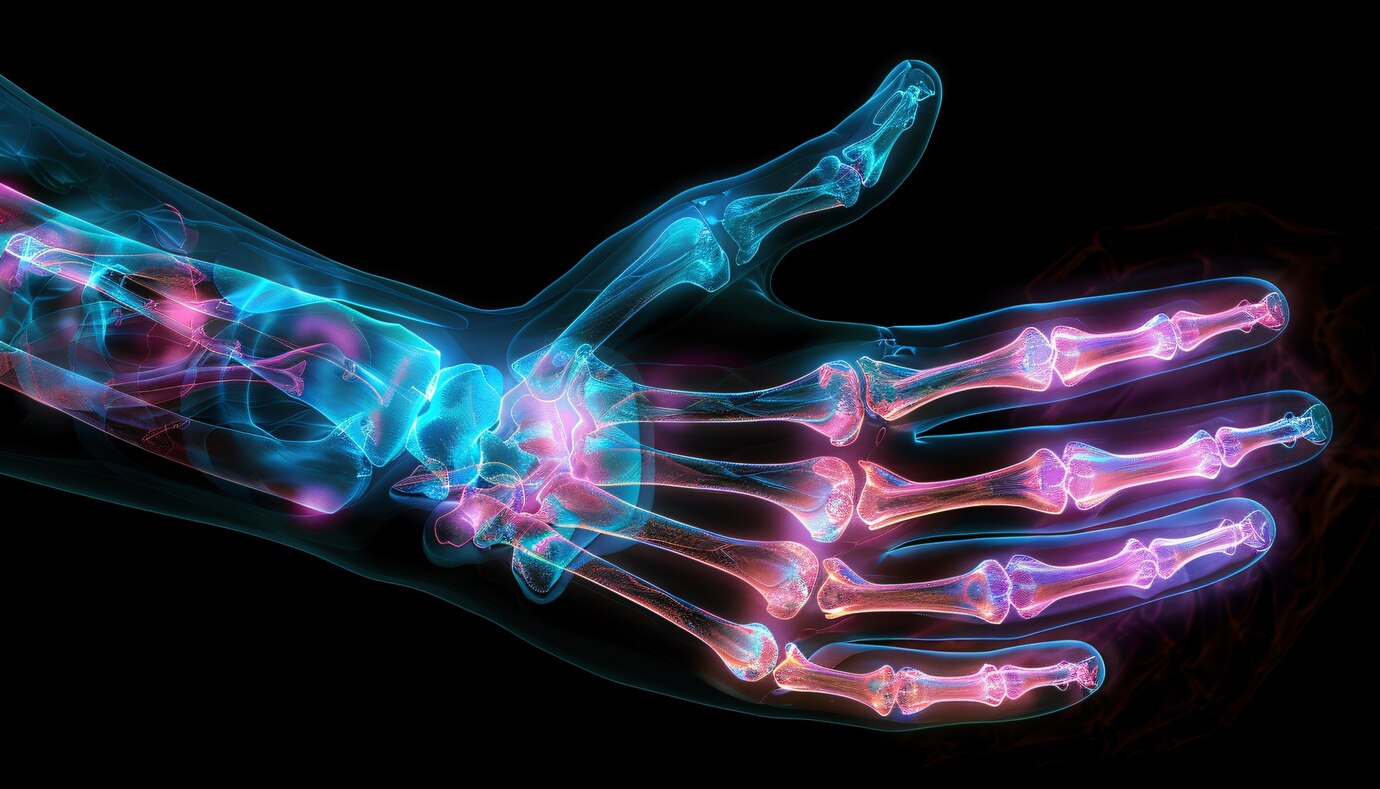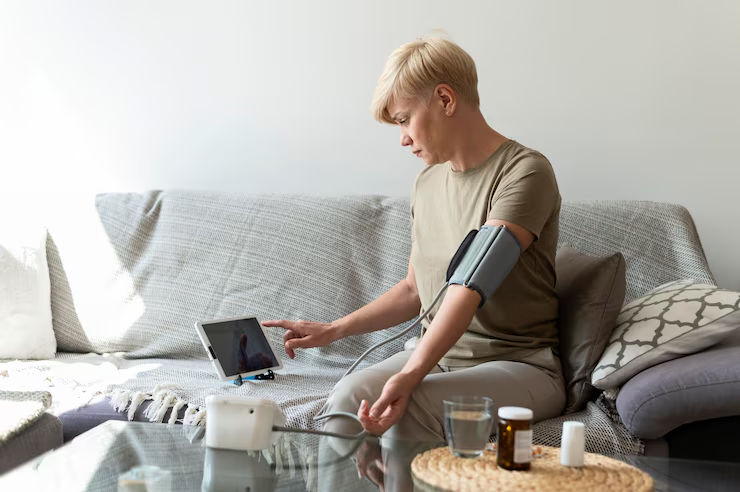Table of contents
As we age, maintaining strong, healthy bones becomes increasingly important — especially for individuals at risk of conditions like osteoporosis, arthritis, or bone fractures. While calcium and vitamin D have long been the staples of bone health, recent research suggests another natural compound may also play a vital role: CBD (cannabidiol).
In this blog post, we’ll explore the science behind CBD and bone health, how it works, and whether CBD could be a natural solution to support bone density, healing, and overall skeletal strength.
What Is CBD?
CBD (Cannabidiol) is a non-psychoactive compound found in the hemp and cannabis plants. Unlike THC, it doesn’t cause a “high.” Instead, CBD interacts with the endocannabinoid system (ECS) — a regulatory system in the body that plays a crucial role in pain, inflammation, immune function, and even bone remodeling.
As researchers learn more about this system, it’s becoming clear that CBD and bone health are linked through complex biological processes that support healing and strength.
Understanding Bone Health and Its Challenges

Our bones are living tissues that constantly undergo a process called remodeling — old bone is broken down by cells called osteoclasts, and new bone is built by osteoblasts. This process helps maintain bone density and structural integrity.
With age or certain medical conditions, the remodeling process can become imbalanced, leading to:
- Osteoporosis: Bones become brittle and more prone to fractures.
- Fractures and slow healing: Particularly common in elderly individuals.
- Inflammatory conditions: Like arthritis, which affects joints and bones.
Traditional treatment options include medications, hormone therapy, and lifestyle changes. However, some people seek natural supplements, and this is where CBD for bone health is gaining popularity.
The Link Between CBD and Bone Health
Recent animal studies and emerging research suggest that CBD may play a beneficial role in maintaining healthy bones. Here’s how:
🦴 1. Promotes Bone Healing
A 2015 study published in the Journal of Bone and Mineral Research showed that CBD improved the healing of fractured femurs in rats. The cannabinoid enhanced the mechanical properties of the healing bones, making them stronger during the recovery process.
🔥 2. Reduces Inflammation
Chronic inflammation contributes to bone degeneration, particularly in conditions like rheumatoid arthritis. CBD is known for its anti-inflammatory effects, which may help protect bone tissues and reduce damage caused by inflammation.
💡 3. Stimulates Osteoblast Activity
Preclinical studies suggest that CBD may stimulate osteoblast activity, encouraging new bone formation. This is especially beneficial for people with bone loss due to aging or hormonal changes.
🧬 4. Supports the Endocannabinoid System
The ECS plays a role in regulating bone mass. By interacting with CB1 and CB2 receptors, especially those in bone tissue, CBD may help modulate bone turnover, contributing to overall skeletal health.
Benefits of CBD and Bone Health

Using CBD as a supplement for bone health may offer several potential benefits:
- ✅ Faster bone fracture healing
- ✅ Reduced risk of osteoporosis
- ✅ Lower inflammation in joints and bone tissue
- ✅ Improved pain management in bone-related conditions
- ✅ Support for long-term bone strength and resilience
While human trials are still limited, the findings so far are promising enough for many people to consider CBD and bone health as part of a proactive wellness routine.
How to Use CBD for Bone Health
If you’re considering CBD to support your bones, here are some recommended methods of use:
✅ CBD Oils and Tinctures
- Easily absorbed under the tongue
- Allows for accurate dosing and fast systemic effects
✅ CBD Capsules
- Convenient for daily supplementation
- Great for those who want a consistent dosage
✅ CBD Topicals
- Useful for localized inflammation or joint pain
- Apply directly to affected areas
✅ CBD Edibles
- Long-lasting effects
- Ideal for sustained benefits throughout the day
💡 Tip: Start with a low dose (10–25mg/day) and monitor how your body responds. Consult a healthcare professional before starting any new supplement, especially if you have existing medical conditions.
FAQs About CBD and Bone Health
Yes, animal studies have shown that CBD can enhance fracture healing by strengthening the newly formed bone. More human studies are needed, but early results are promising.
CBD is generally considered safe and non-addictive when used responsibly. Always choose high-quality, lab-tested products and speak with your doctor.
CBD may help reduce bone loss by supporting osteoblast function and reducing inflammation, which are key in preventing conditions like osteoporosis.
CBD oils and capsules are best for systemic support, while topicals can help with localized joint pain or inflammation.
Mild side effects like fatigue, dry mouth, or appetite changes may occur. However, most users report minimal or no side effects when using the correct dosage.
Final Thoughts: Is CBD the Future of Bone Health?
The connection between CBD and bone health is an exciting area of emerging research. From faster fracture healing to reducing inflammation and promoting bone density, CBD offers natural support for a stronger, healthier skeletal system.
While more human clinical trials are needed, current findings and real-world testimonials suggest CBD has a valuable role in bone wellness. As always, consult a healthcare provider before starting any new supplement — but if you’re looking for a holistic approach to bone care, CBD might be worth considering.





